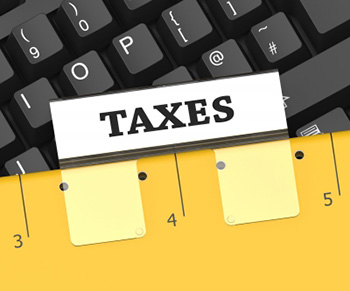The Pros and Cons of a Carbon Tax Policy
Carbon taxing has always been a controversial policy, but is something that is supported by a lot of environment conservation groups. With this policy in place, companies will be forced to reduce their carbon emission or they will have to pay the said tax. The reason why this has never been implemented in several countries is that huge companies, especially those involved in oil production, are rallying against it.
This is why it is too brave of Prime Minister Justin Trudeau to finally implement a policy that a lot of governments have been talking about, but no one dares to implement. This is in line with what they have promised to fulfill during the Paris Agreement. Let us take a closer look at the advantages and disadvantages of implementing this policy.
Pros
To begin with, it encourages companies to seek for creative alternatives. They will develop more efficient engines that will reduce carbon emission. It also encourages the development of alternative energy resources such as solar and wind power. It ultimately makes us less reliant on oil and makes the economy more oil independent. Carbon taxes collected will also help increase revenue and subsidize for other important causes to help protect the environment. Most of all, people will become more conscious of their actions. Since this will impact not just businesses but also individuals, everyone will become more careful in making decisions that will ultimately harm them and the environment.
Cons
There are some problems with this policy though. To begin with, companies may be forced to leave the country and shift their operation to countries where there are no carbon taxes at all. It might also be expensive to administer the operation of this policy without accuracy on how the taxes will be computed or how carbon emission will be calculated. Add to that the case where companies could evade taxes or find a way to hide carbon emission. Considering how several companies have found loopholes in various tax policies in the past, they will eventually find a way to skirt around carbon tax as well. Ultimately, it will be the consumers that will bear the price if the companies suffer from high carbon taxes.
A few exemptions
In Canada, they have provided a leeway for some industries so they won’t be forced to follow this policy. For instance, those in the agricultural sector were exempted. The airline industries also have a different scheme to follow. Large emitters like in the oil sands operation have specific emission reduction goals, different from the ones set for other companies. These exemptions were placed to avoid the significant impact of the policy on some companies that could ultimately drive them to transfer their production overseas.
Despite the disadvantages that come with carbon taxing, it is perhaps the right time for this to be implemented, especially in a progressive country like Canada. The dangers that come with global warming are getting bigger. We can’t afford to do something about the situation when it is already too late.
Photo Attribution:
Featured and 1st image courtesy of Stuart Miles / freedigitalphotos.net
2nd image courtesy of worradmu / freedigitalphotos.net


